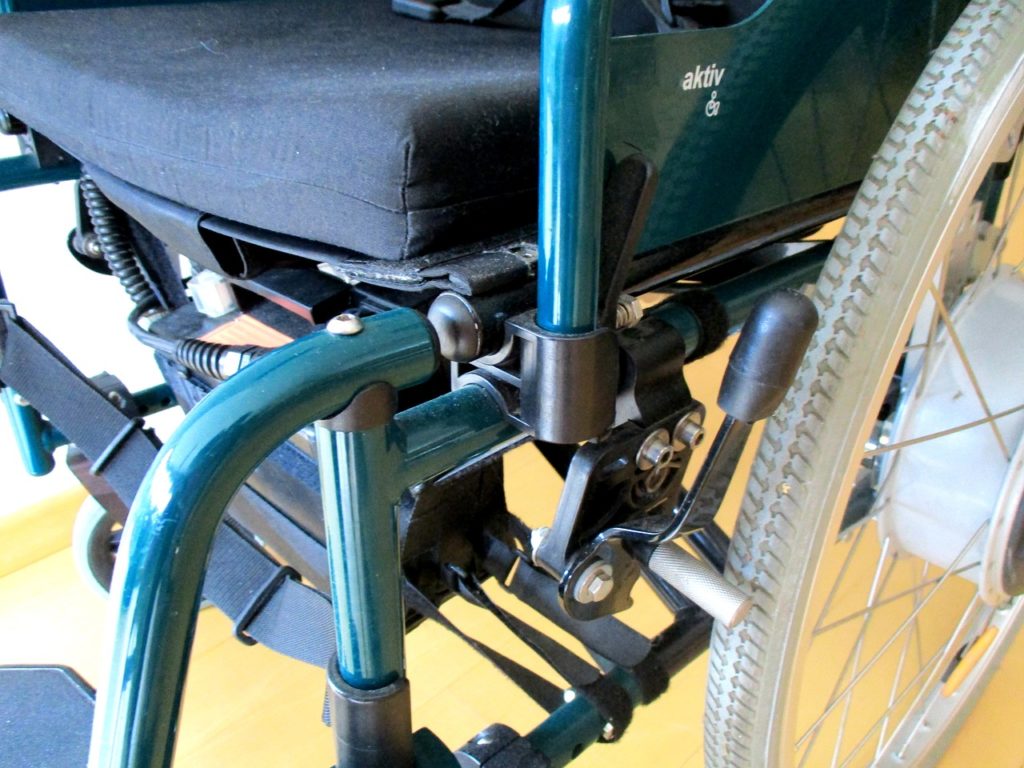Discrimination can take many different forms. Under the terms of the Americans with Disabilities Act, workplace disability discrimination occurs if employees or applicants are treated unfavorably by an employer because of their disability.
In this article, we look at the different forms of workplace disability discrimination and its negative impact on individuals, businesses, and society as a whole. We also learn how accommodations can benefit employees and employers alike.
Employers are required take reasonable steps to accommodate employees with disabilities.

Under US legislation, employers are required to “reasonably accommodate” job applicants with disabilities. The only exception is if accommodating the applicant would cause “undue hardship,” i.e. significant expense or difficulty.
US discrimination laws not only protect individuals who themselves have disabilities, but also their families. For example, it is illegal to discriminate against applicants or employees on the basis that their partners have a disability.
US law prohibits disability discrimination in all aspects of employment.
“Aspects of employment” includes recruitment, pay, promotions, job assignments, redundancies and dismissal, fringe benefits, training, and any other condition or term of employment. It is also illegal to harass an employee because of a disability. Harassment against individuals with disabilities may make the form of offensive remarks about a person’s condition, whether real or perceived.
Harassment that is so severe or frequent that it creates an offensive or hostile working environment, or triggers an adverse employment decision such as demotion or dismissal, is illegal under US law. This is the case whether the person who is perpetrating the harassment is a direct supervisor, a supervisor from another department, a coworker, or even someone who is not employed by the company, such as a customer or client.
US employers are expected to “reasonably accommodate” workers who are disabled.
Such steps could involve adapting the physical working environment, or the way things are done to accommodate a person with a disability. The goal is to enable them to fulfill their duties or enjoy the same privileges and benefits of employment as other employees. This could entail providing a reader for someone who is blind, or adapting the workplace to make it accessible for a wheelchair user.
An employer may only refuse to accommodate a job applicant or employee with a disability if doing so would cause them “undue hardship.” This may occur where adapting the working environment would cause the employer significant difficulty or expense, or impinge on the needs and operations of the business.
An employer may not simply refuse to accommodate an employee with a disability on the grounds that some cost would be incurred: the cost must be undue. However, an employer is not obliged to accommodate an employee with a disability in exactly the way the employee prefers. For example, if there are two different options, it is up to the employer to decide which one it provides.
Employers can ask employees about their conditions to assess emergency needs.
Under US law, it is permissible for employers to ask about medical conditions in three circumstances. First, after employers have made job offers, but prior to commencement of employment, they may ask employees what assistance they would need during an emergency.
Second, employers may periodically survey their workforces to determine whether and what assistance workers would need during an emergency. Employers must explain the purpose for requesting the information and make it clear that self-identification is voluntary.
Third, employers may ask identified individuals with disabilities if they need assistance in an emergency situation. They must not assume that the disabled individual needs assistance, however. For example, a blind employee may prefer to walk alone and not be guided. It is up to the individual with the disability to assess their particular needs.
Hiring individuals with disabilities is good for business.
People with underlying medical conditions have long been underrepresented or excluded from the workplace. Nevertheless, studies show that hiring employees with disabilities is not only good for the economy, it is good for team morale and ultimately, good for companies.
When President George H.W. Bush signed the Americans with Disabilities Act in 1990, he paved the way for inclusion of millions of US citizens living with disabilities to join the workforce. However, misunderstandings and misconceptions continue to occur, particularly when it comes to employment.
Nevertheless, the past 10 years have marked a cultural shift, promoting fair representation and opportunities for people affected by disabilities. A 2018 collaboration between Accenture and the American Association of People with Disabilities revealed that employers that actively seek out employees with disabilities increase their profit margins by around 30 percent, as well as increasing employee retention by around 90 percent.
Censia’s AI powered Talent Intelligence Platform eliminates subconscious bias.
Censia matches open roles with the best-suited, most qualified, in-demand job candidates, delivering a shortlist of skilled professionals in minutes. Effectively halving time-to-hire and reducing time-to-interview by 85 percent, Censia leverages predictive capabilities and data science to optimize the recruitment process. Censia delivers the best candidate for the role irrespective of race, ethnicity, socio-economic background, sexuality, or disability status.

 Joanna (Jo) Riley is an entrepreneur, investor, and advocate in technology, and is currently the CEO and Co-Founder of Censia. Jo has a highly experienced background in building and scaling companies, which she attributes to her deep passion for people and building technologies that allow people to be their best selves. She brings her wide knowledge of the industry to better transform the way enterprise companies hire talent. You can connect with Joanna Riley at @joannakiddriley on
Joanna (Jo) Riley is an entrepreneur, investor, and advocate in technology, and is currently the CEO and Co-Founder of Censia. Jo has a highly experienced background in building and scaling companies, which she attributes to her deep passion for people and building technologies that allow people to be their best selves. She brings her wide knowledge of the industry to better transform the way enterprise companies hire talent. You can connect with Joanna Riley at @joannakiddriley on